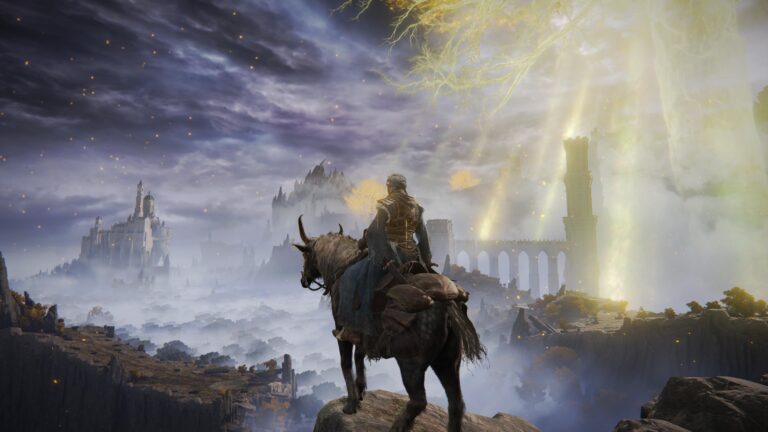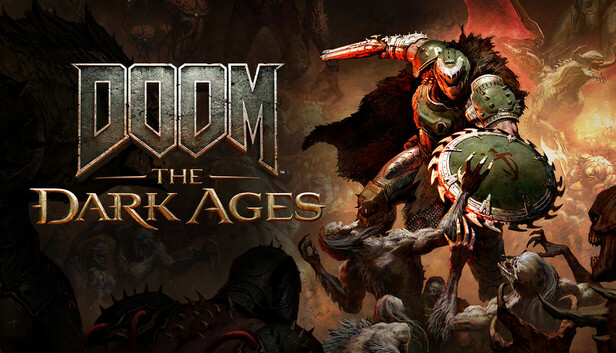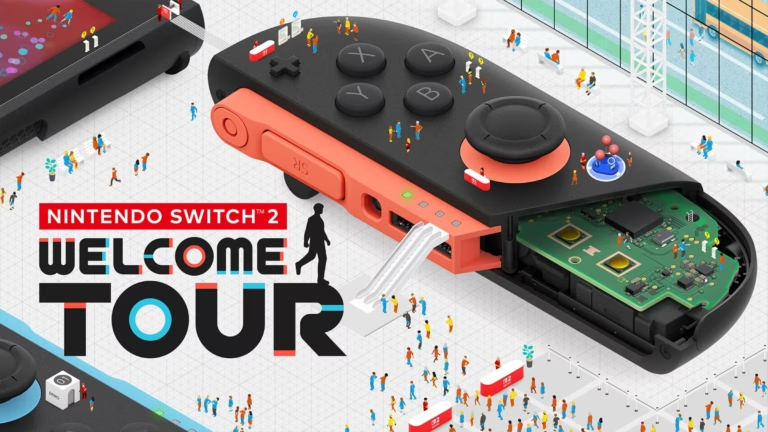Game data not found.
The late 1990s were a vibrant time for action-adventure games, and Hercules: The Legendary Journeys, released for the Nintendo 64, attempted to capture the magic and mythos of the popular TV series of the same name. Developed by Player 1 and published by Titus Interactive in 2000, the game allowed players to step into the sandals of the legendary demigod, Hercules. This article delves into the various aspects of the game, providing an in-depth review of its story, gameplay, graphics and sound, and its legacy and reception.
Story
Hercules: The Legendary Journeys takes its narrative cues from the television series, which starred Kevin Sorbo as the titular hero. The game is set in a mythical version of ancient Greece, where players must aid Hercules in his adventures filled with gods, monsters, and epic quests. The storyline begins with a crisis in the village of Parthus, where Hercules discovers that a malevolent force is wreaking havoc across the land.
As Hercules, players must unravel the mystery behind this sinister power while encountering familiar characters from the series, including Iolaus, Hercules’ loyal companion, and the cunning goddess Hera, who continues to plot against him. The plot unfolds through a series of quests that blend exploration with combat, challenging players to solve puzzles and defeat mythical creatures. The game attempts to stay true to the spirit of the TV show by incorporating its humor and drama, albeit within the constraints of its technological era.
Gameplay
Hercules: The Legendary Journeys offers a blend of action, adventure, and role-playing elements. The gameplay is primarily focused on combat and exploration, with players navigating through various locations inspired by Greek mythology. The game is structured around a series of quests that Hercules must complete to progress the storyline.
Combat
The combat system in Hercules: The Legendary Journeys is straightforward, with a focus on melee attacks. Players can utilize a variety of moves and combos to defeat enemies. Hercules can also pick up and throw objects, adding a layer of strategy to battles. The game features a range of mythical adversaries, from centaurs to harpies, requiring players to adapt their tactics accordingly.
Exploration and Quests
The exploration aspect of the game is highlighted by its semi-open world design. Players can roam freely between different areas, solving puzzles and finding items necessary to complete quests. The quests often involve helping villagers, battling creatures, or finding artifacts, which help to advance the plot.
Character Progression
As players progress, Hercules gains experience points that can be used to improve his abilities. This RPG-like progression system allows for some customization of Hercules’ skills, although it remains relatively simplistic compared to more dedicated RPGs.
Controls
The controls are designed to be accessible, although they can sometimes feel clunky, a common issue with early 3D action-adventure titles. Players have to manage Hercules’ movements, combat actions, and interactions with the environment using the Nintendo 64’s unique controller layout.
Graphics and Sound
The graphics in Hercules: The Legendary Journeys reflect the standard of late 1990s N64 titles. While not groundbreaking, the game does a commendable job of bringing the world of ancient Greece to life with its 3D environments. The character models are recognizable, especially for fans of the TV series, although they lack the detail seen in more modern games.
The environments are varied, ranging from lush forests to desolate ruins, each with its own distinct aesthetic. However, the graphical limitations of the time mean that textures can be somewhat repetitive and low in resolution.
The sound design in the game is a mixed bag. The soundtrack features epic orchestral themes that aim to capture the grandeur of Hercules’ adventures. However, the sound effects and voice acting are less impressive, with limited dialogue and somewhat repetitive sound bites. The lack of Kevin Sorbo’s voice as Hercules is noticeably felt, as the game features generic voice acting for its characters.
Legacy and Reception
Upon its release, Hercules: The Legendary Journeys received mixed reviews from critics and players alike. While some appreciated its faithful adaptation of the TV series and its attempt to blend action with role-playing elements, others criticized its graphics, controls, and overall execution.
Critical Reception
The game was praised for its ambitious scope, attempting to capture the essence of a beloved TV show within the confines of a video game. However, the execution left much to be desired, with critics pointing out the awkward controls and lackluster graphics as major drawbacks. The repetitive nature of the gameplay was also a common point of critique, as was the limited depth in both combat and character progression.
Fan Reception
Fans of the TV series found some enjoyment in the game, particularly in its references and nods to the show. The inclusion of familiar characters and the attempt to replicate the show’s humor helped endear it to some players. However, for many, the game’s technical shortcomings overshadowed its nostalgic value.
Legacy
Despite its mixed reception, Hercules: The Legendary Journeys holds a place in the hearts of some retro gaming enthusiasts and fans of the TV series. It serves as a reminder of the era when TV shows and movies were frequently adapted into video games, with varying degrees of success. The game is often remembered for its attempt to bridge the gap between television and interactive entertainment, even if it fell short of achieving its full potential.
Conclusion
Hercules: The Legendary Journeys stands as a testament to the challenges of adapting beloved media into the video game format. While it captures some of the charm and adventure of the TV series, it is ultimately hindered by the technological limitations and design choices of its time. Its impact and legacy are shaped by its ambition and the nostalgia it evokes for fans of the late 1990s gaming era. Although not a standout in the N64 library, it remains a curious piece of gaming history for those interested in the intersection of myth, television, and interactive storytelling.















